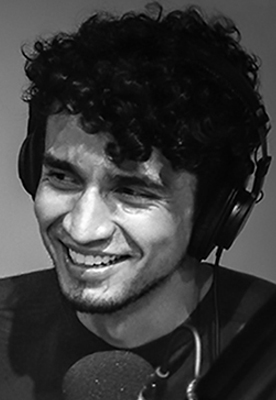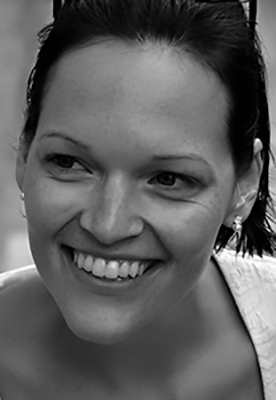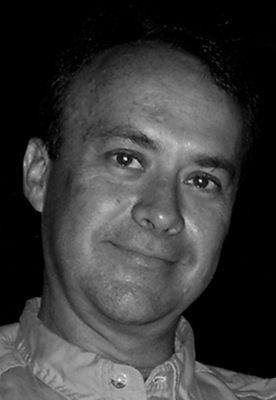35. The Magic of Middlebury
World War I shattered a way of life for millions. But one positive result, invented by a German-American immigrant, continues to deliver blessings to Americans today. Almost no one knows her name or her story, but the peacemaking legacy of Lilian L. Stroebe, today called summer language immersion experiences, continues to flourish at the Middlebury Language Schools that she founded. These schools are the subject of Episode 35 of America the Bilingual: “The Magic of Middlebury.”
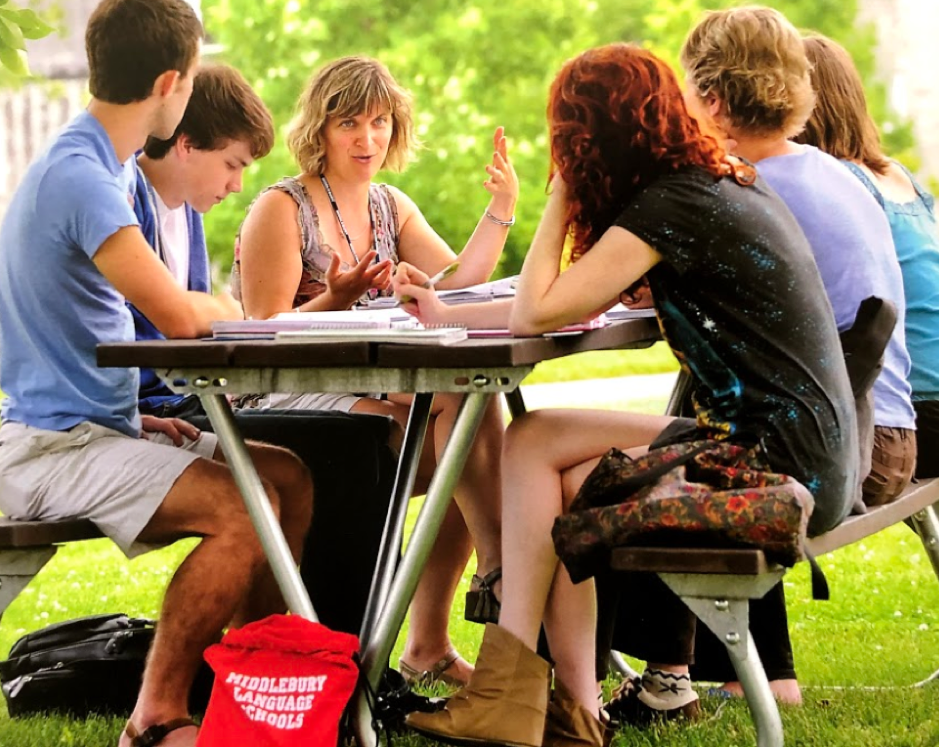
In the summer of 2018, 1,500 students were enrolled in Middlebury Language Schools’ summer language immersion programs, in 11 different languages.
Birthed in War
Steamship transportation revolutionized overseas travel early in the 1900s. One group of passengers taking advantage of the much faster and cheaper trips across the Atlantic were foreign-language teachers in America. When their colleges and high schools closed for the summer, some of the more adventurous teachers booked passage to Europe so they could take classes in Germany, France, Spain, and Italy and hone their language skills before returning in the fall to their students.
The dark clouds of war in Europe brought an end to those happy days overseas. Reflecting in 1915, one teacher wrote that “those pleasant summers are now a thing of the past, since it is impossible for anybody to go abroad.” Her name was Lilian Stroebe; she was a professor of German at Vassar College.
Lilian was born in Germany in 1875 and earned her Ph.D. from Heidelberg in 1904. She came to the United States the following year—well before the war—and at age 30 joined the Vassar faculty. Perhaps it was her youth, or the pull of entrepreneurism that hooks many immigrants, or wanting to do something for her adopted country. Whatever it was, Lilian asked what would become a fateful question: How could we simulate a summer trip to Europe right here in America?
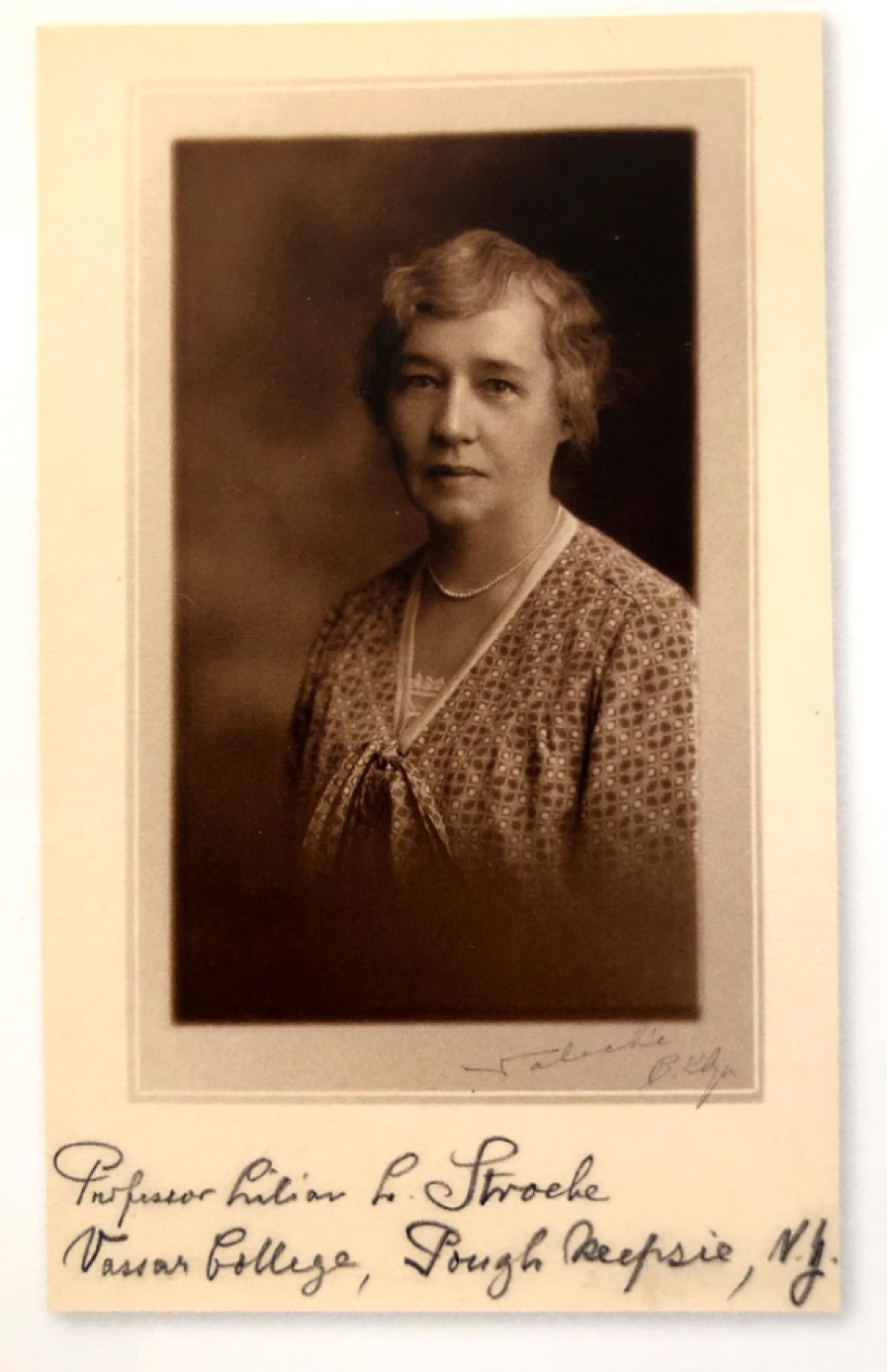
Lilian L. Stroebe, an American immigrant from Germany, was what we would today call a social entrepreneur. We might also call her the godmother of all American summer language-immersion programs that exist today.
It was a question of the kind that the author Warren Berger studied and celebrated in his 2014 book, A More Beautiful Question: The Power of Inquiry to Spark Breakthrough Ideas.
Answering her question seemed like something of a mission to Lilian. Since summers in Europe were now a thing of the past, she reasoned that “it therefore becomes the duty of colleges and universities to offer in this country a substitute for what the students formerly sought in Europe, a well-conducted course of study, life in a distinctly foreign atmosphere, and daily intercourse with educated foreigners.”
Lilian decided three things were necessary to substitute for what American language teachers could no longer experience in Europe:
1. Complete isolation from English
2. A pledge that participants would sign, promising to speak only the language being studied
3. A beautiful setting comparable to the majestic mountains and valleys of Europe in July and August
Lilian decided that her own Vassar College, located in Poughkeepsie, New York, was too close to New York City, with its many distractions—and cacophony of English honking from every street corner. A colleague taking a train back from Montreal to New York made a stop in a tranquil college town in rural Vermont, and told Lilian she must see it. When Lilian arrived in Middlebury, Vermont, with its rolling hills, distant mountains and emerald-green farms, she was enchanted. And the leaders of the college were open to her vision.
On the morning of June 29, 1915—almost a year into the first World War, in which Germany was the declared enemy—Professor Lilian L. Stroebe opened the Middlebury College German Summer School. It was, she wrote, “the first advanced, specialized and isolated summer school of a modern language in any college in the country.”
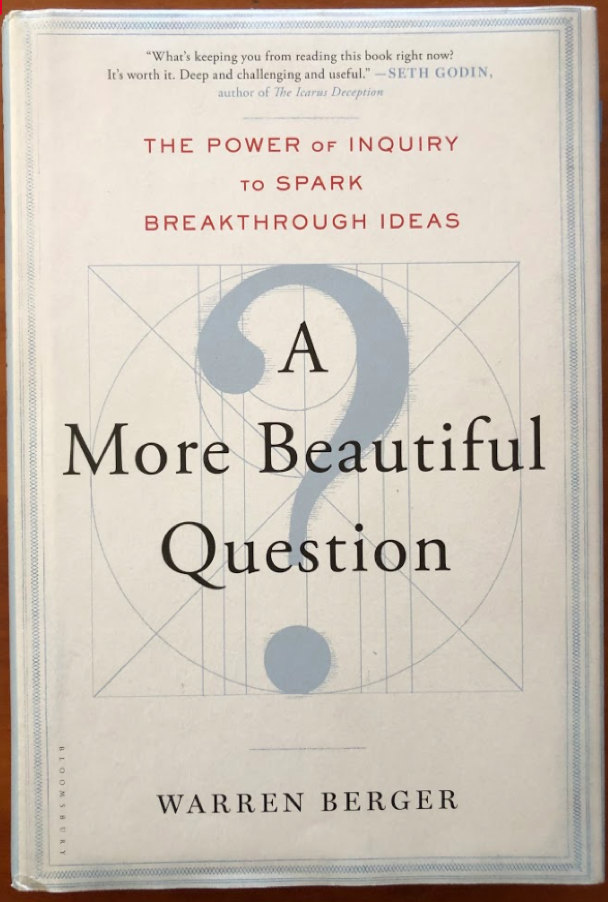
In 1911 a young language professor named Lilian Stroebe asked what was, with the benefit of hindsight, a beautiful question: “How could we simulate European summer language immersion experiences right here in the United States?” The answer flourishes over a century later.
Language Boot Camp
When I visited the Middlebury campus on July 3rd, 2018, students were arriving for their language immersion classes, picking up registration packets that included colorful little buttons they were instructed to wear. The buttons, a different color for each language, told all others which language a student was allowed to speak. As soon as they took their language pledge, it was auf wiedersehen, au revoir, or adiós ingles! Most of the students were college-age, and many had already had some exposure to their adopted language. But Middlebury also accepts straight-out-of-the-gate beginners, as long as they are serious about learning.
“We don’t pretend it’s easy at all. As a matter of fact, the place is often called a boot camp. The Russian school is often referred as the gulag,” said Stephen Snyder, Dean of the Middlebury Language Schools. “We know now that [students] experience immersion stress…essentially an entire year of language learning in seven or eight weeks is almost unbearable for some.”
It’s perhaps not surprising then that the Marines and the Navy SEALs send some of their soldiers to Middlebury to gain the language skills they’ll need when deployed. “We have a solid history of working with our U.S. government,” says Middlebury Dean of Operations Timothy W. Page. He also stresses the difficulty. “It’s not camp,” he says.
Adds Associate Dean Elizabeth Karnes Keefe, “A couple of weeks into it, the students are in this sort of state of euphoria where they are speaking the language and writing the language. It’s pretty exciting to see the transformation.”
Gain from Pain
From the pain of immersion comes the gain of speaking another language. “Students constantly say that they at some point had a breakthrough and realized that suddenly the language they were studying had become incredibly natural to them, and that they were able to communicate in a way that they hadn’t thought possible even a few weeks before,” says Dean Snyder.
Part of the magic is found in the social time outside the classroom setting, says Dean Karnes Keefe. “We say that you cannot learn a language without learning the culture in parallel. You have to eat their food, as Anthony Bourdain said. You have to sing their music, you have to play their sports, in order to really be able to digest the words that you’re learning.”
Molly Baker, Director of Enrollment, says students sometimes think they can’t make it even one more week. “And then you get to that seventh or eighth week and the whole campus picks up…it’s almost a rite of passage. You’ve completed the Middle Language Schools and it’s almost like you’ve come through Olympic training camp or you’ve come through the SEALs. You have that for the rest of your life.”
Magic and Mystery
Dean Snyder laughs when I ask him to explain the Middlebury Magic. “We’re asked this a lot.” He points to the Language Pledge that the campus takes very seriously, as do the students. “Students are the magic because they come with a seriousness of purpose that I don’t think any other institution gets out of their language students.”
The Language Pledge reads: “In signing this Language Pledge®, I agree to use ___________ as my only language of communication while attending the Middlebury Language Schools. I understand that failure to comply with this Pledge may result in my expulsion.”
One of the students who took that pledge was National Book Award winner Ta-Nehisi Coates. “He started with zero French basically,” says Dean Karnes Keefe. “At the end of the summer he was gabbing away in French, which was really fantastic, and I know he’s taking good advantage of that in his journalism career and his writing career.”
But we’re left with a mystery. Lilian Stroebe created the program back in 1915 because it was impossible for teachers to go to Europe. Now, fortunately, we can.
So if you’re going to dedicate six or eight weeks to language immersion, why not go to Germany or Italy or Cairo rather than rural Vermont?
The answers may surprise you, as they did me. I invite you to discover them in Episode 35 of America the Bilingual, “The Magic of Middlebury.”
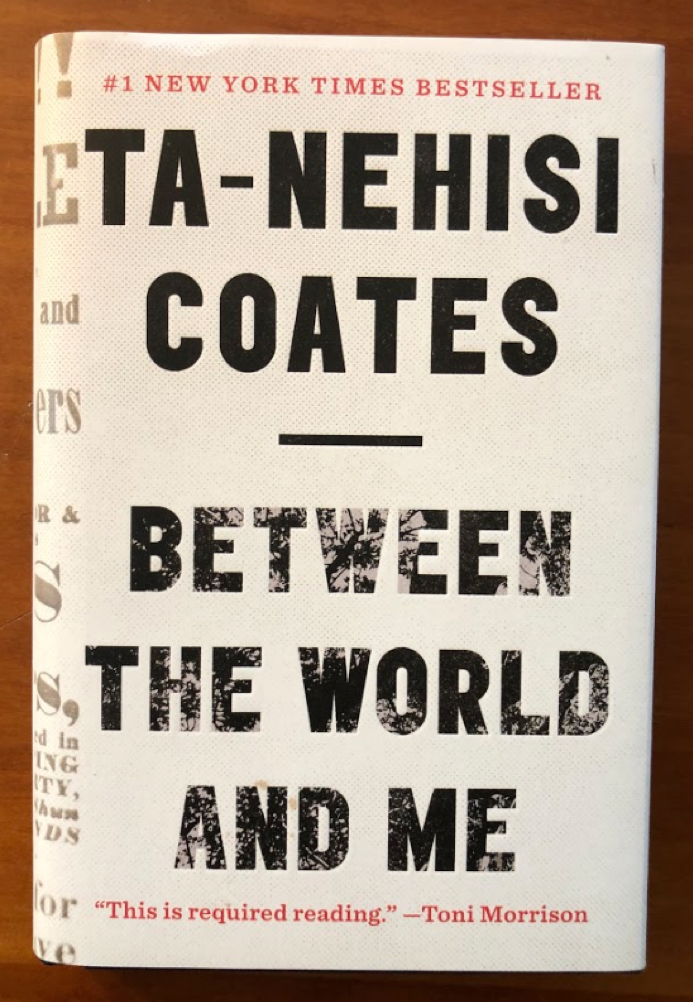
National Book Award winner Ta-Nehisi Coates was a student in the French school at Middlebury Summer Language Schools in 2014. The schools quoted him in their book, Life Doesn’t Come with Subtitles: “What I quickly learned was that saying I am going to ‘study’ French was like saying I am going to sail to China. The language is so vast that one can, all at once, feel both great progress being made and a great distance still to go.”
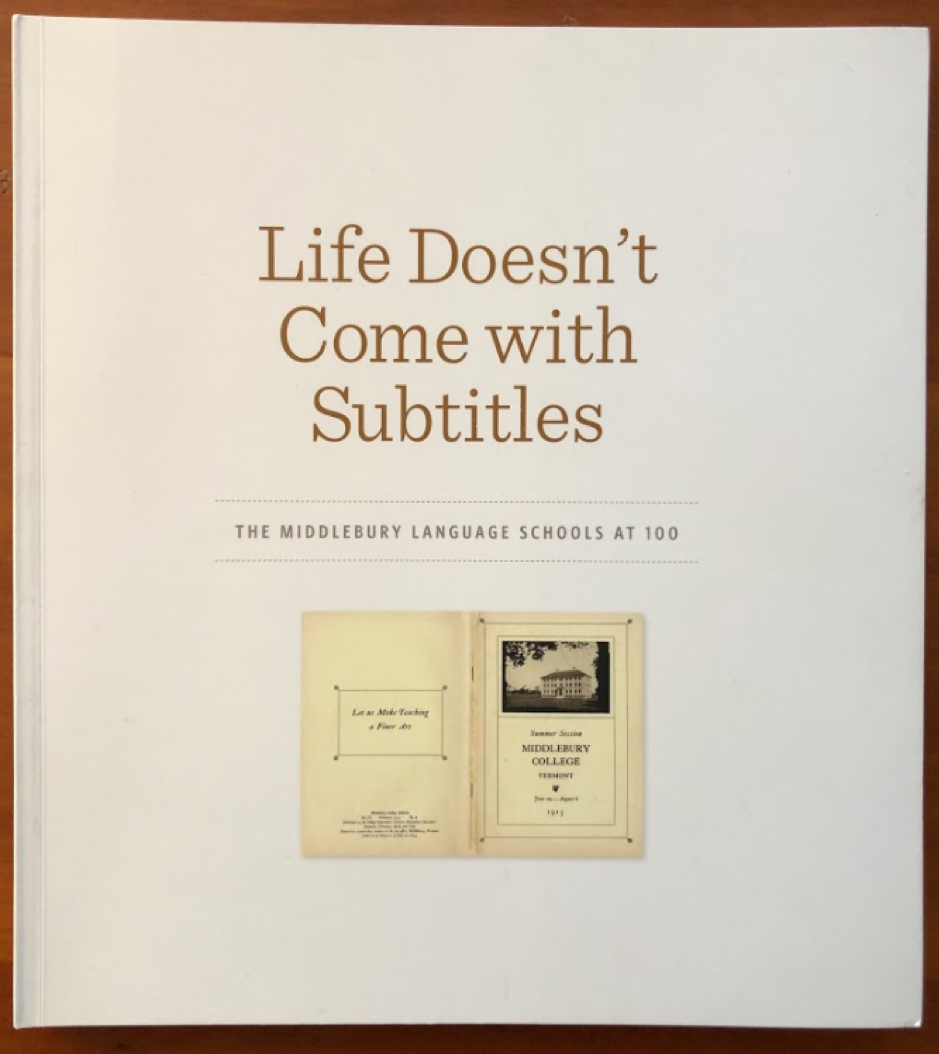
On the centennial of Middlebury Language Schools, the faculty created this illustrated history. The book’s title is also the motto of the schools.
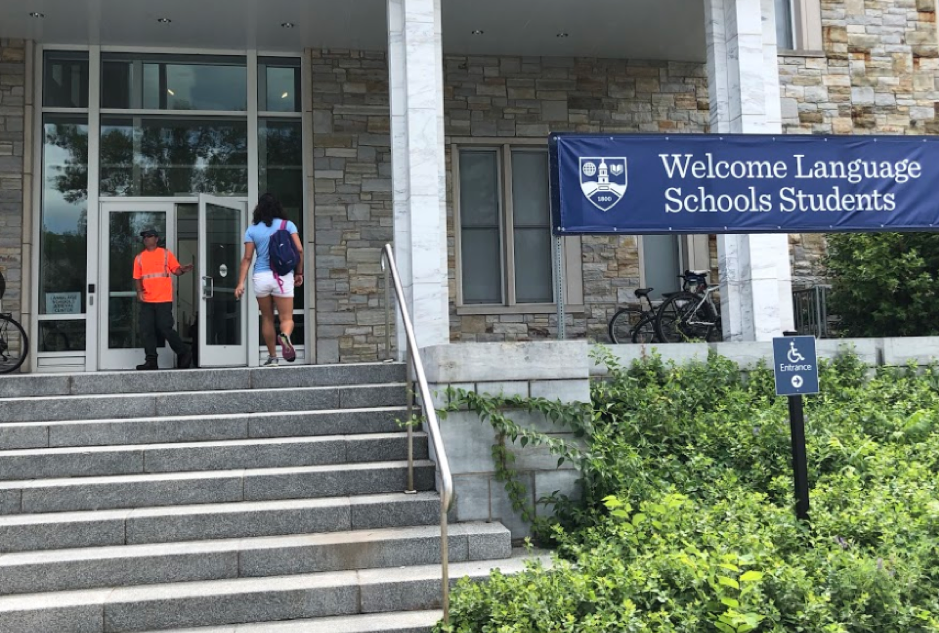
Opening day at Middlebury Language Schools, July 3, 2018
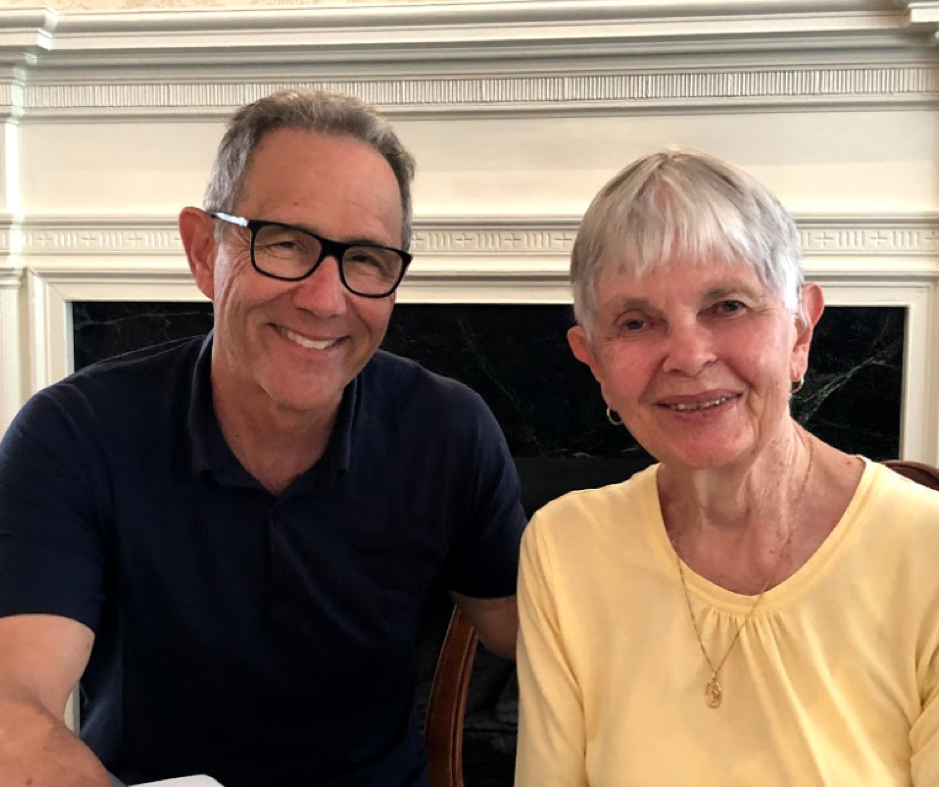
My thanks to Middlebury College alumna Lois Kaufmann, who provided background research for this episode.
Hear the story
Listen on iTunes by clicking here: America the Bilingual by Steve Leveen on iTunes. Or on SoundCloud here. Steve comments on Twitter as well.
Credits
The America the Bilingual podcast is part of the Lead with Languages campaign of ACTFL—The American Council on the Teaching of Foreign Languages.
Special thanks to Middlebury graduate students Julia Spiegelman, a French teacher, and Kelly Dewey, a German teacher, for sharing their insights, some of which you’ll hear in the episode.
This episode was written and produced by me, Steve Leveen, and edited by Fernando Hernández, who also does the sound design and mixing. Mim Harrison is the editorial and brand director of the America the Bilingual project. The associate producer is Beckie Rankin, who provided killer background research, as always. Graphic arts are created by Carlos Plaza Design Studio. Meet the America the Bilingual team—including our bark-lingual mascot, Chet—here.
Support for the America the Bilingual project comes from the Levenger Foundation. My thanks to Wayne Welch, who traveled with me to Middlebury, and to Corey Leveen, for recording the Middlebury Language Pledge.
Music in this episode, “Quasi Motion” by Kevin MacLeod, was used with a Creative Commons Attribution License. Our thanks to Epidemic Sound for helping us make beautiful music together.

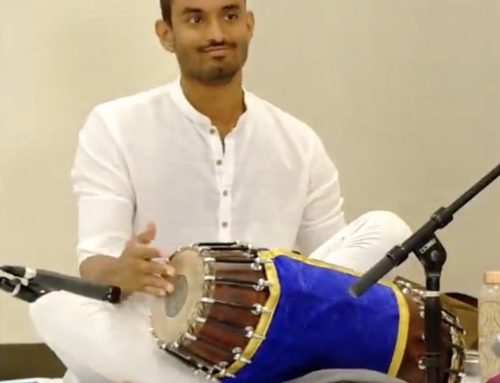

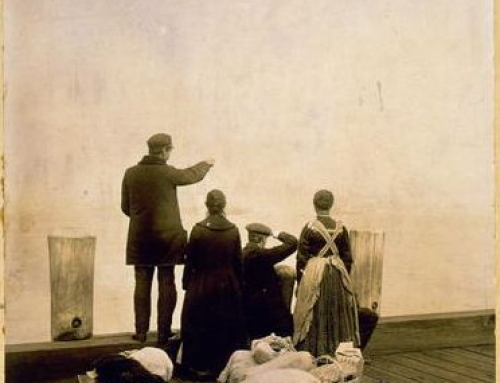
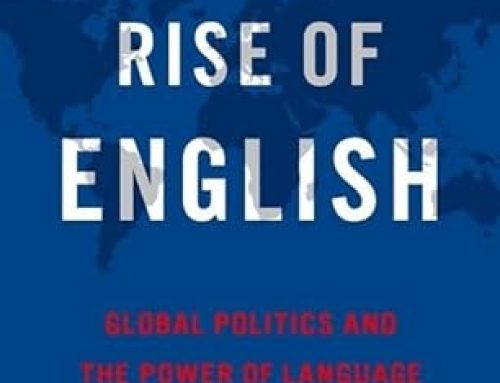
 You can book Steve for many different audiences
You can book Steve for many different audiences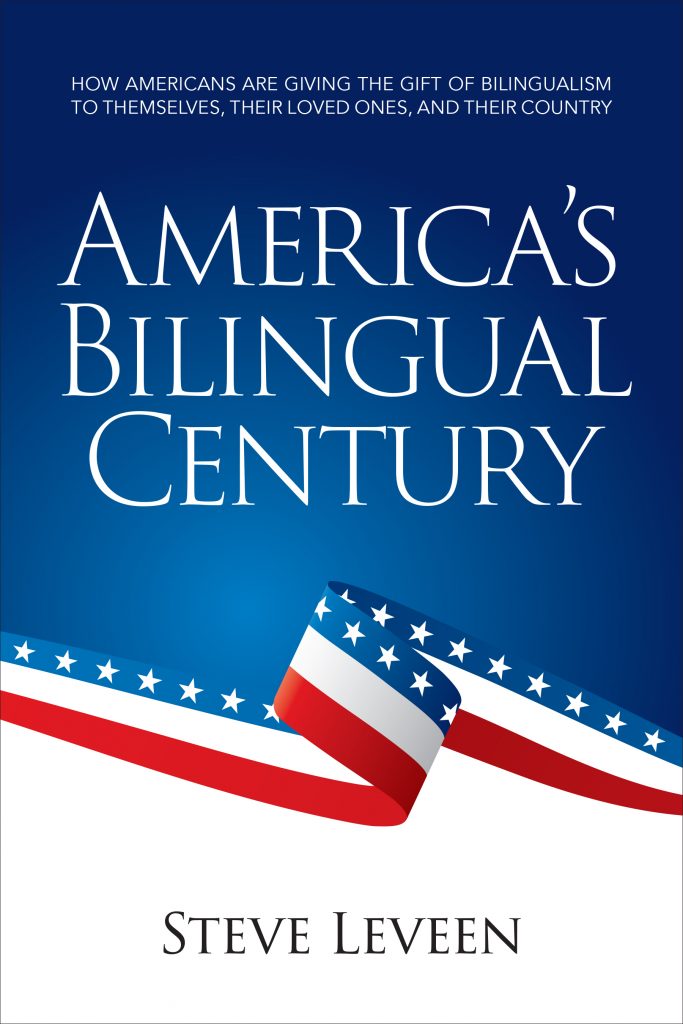

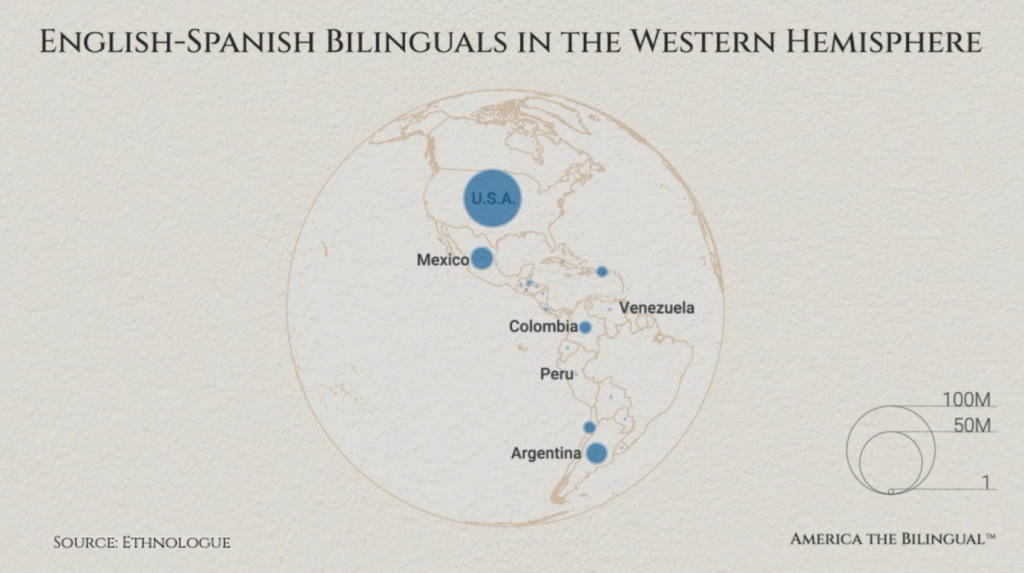


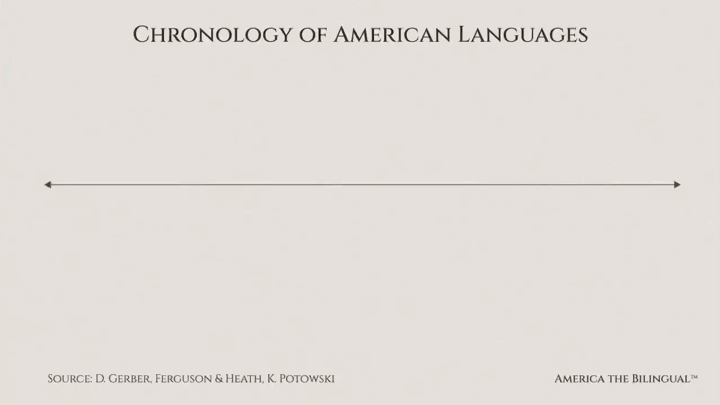


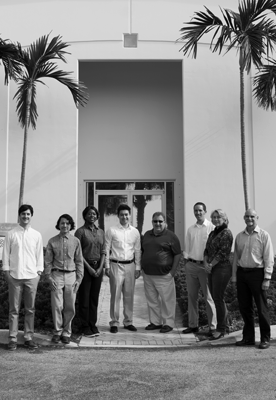
 First, know that she has one of those glorious English accents (or what all of us who are not English would call an accent), which makes her a natural for the audio book narration that she does. Although U.S. born, Caroline grew up in England and studied literature at the University of Warwick (fyi for American ears: that second “w” is silent).
First, know that she has one of those glorious English accents (or what all of us who are not English would call an accent), which makes her a natural for the audio book narration that she does. Although U.S. born, Caroline grew up in England and studied literature at the University of Warwick (fyi for American ears: that second “w” is silent).